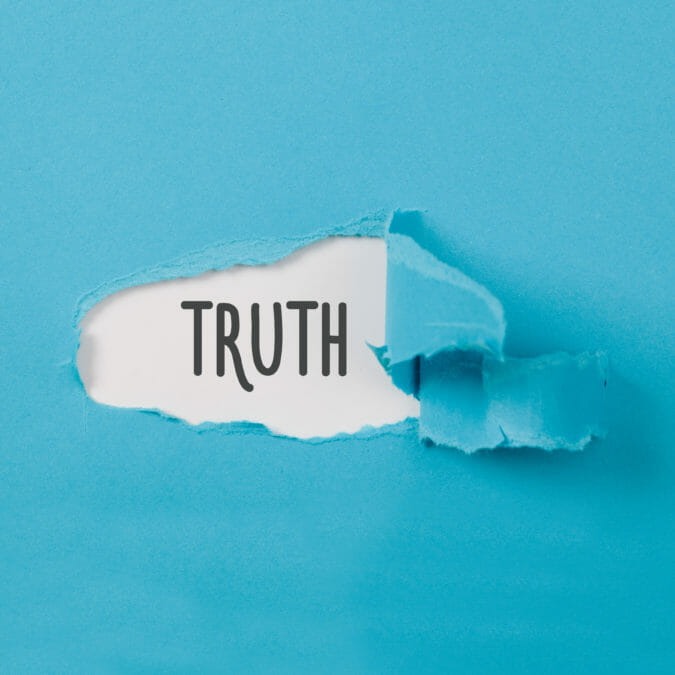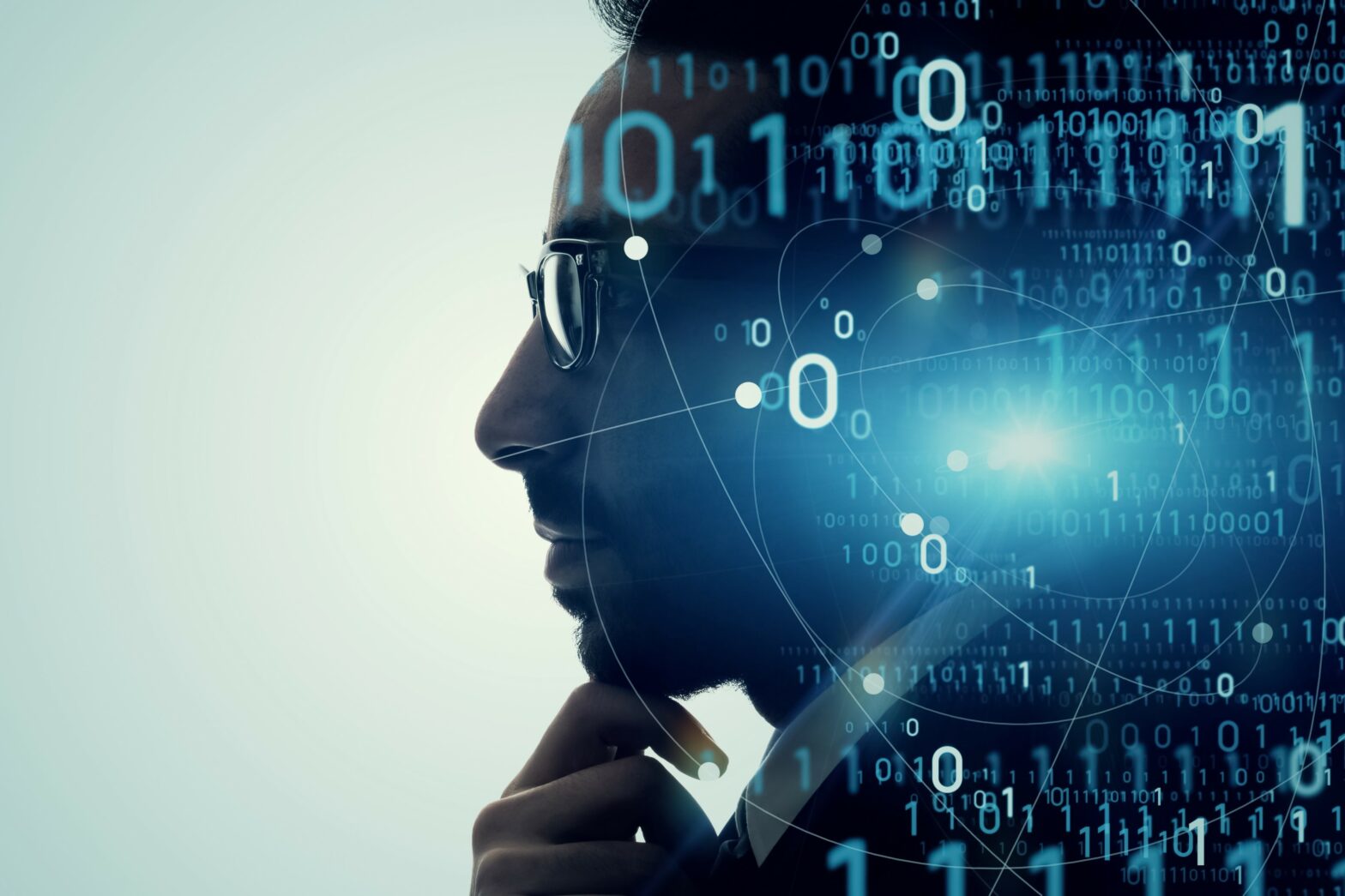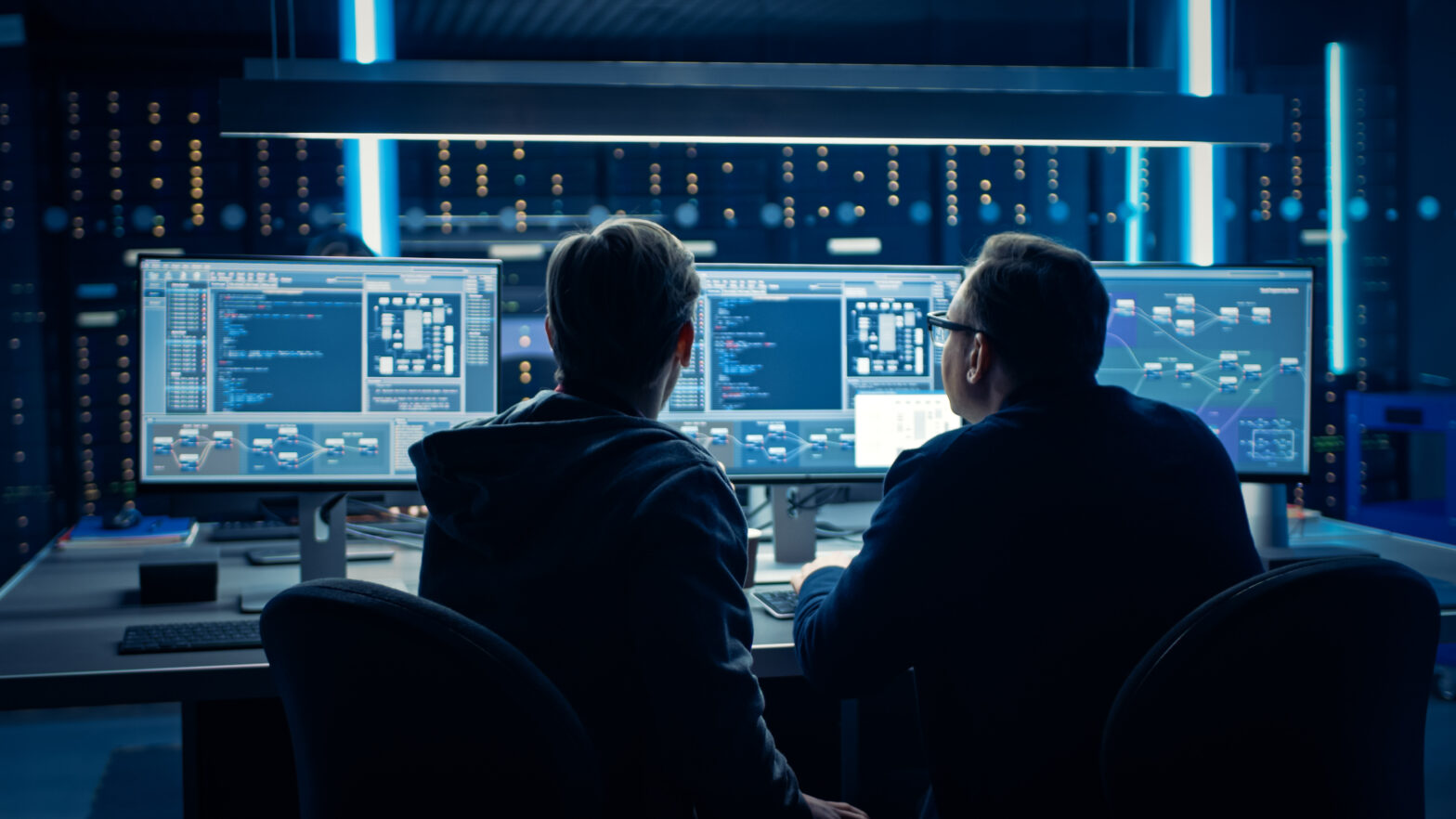Digital twins — by that we mean a digital representative of assets you own or activities that are valuable. Single source of truth — this could a blockchain used as the digital place where you store all your important information?
Of course, there is more to blockchain than that. It’s a network of computers, or nodes, and each of those nodes store the same information.
Single source of truth also means that a blockchain can contain identical information on each node. Providing you and me are on the same blockchain, what’s on your record, is identical to what’s on mine.
We spoke to Kevin Gannon, blockchain tech lead and solutions architect, PwC. “At its core,” he said “blockchain is a distributed ledger. If you are running nodes, forming part of a blockchain, then, as and when any transactions get mined in the blocks, those blocks get propagated to the various nodes in the network, then by virtue of that happening, every node has that single source of truth.”
The blockchain guide for CTOs and tech leaders: suitability, adoption, regulation, hype and future predictions
Digital twins
Let’s take a practical example. Yours truly once lost proof of the grade he achieved with his degree. He still had the certificate, but that didn’t show the grade. It didn’t matter too much. The university had the record, and for a modest fee, sent the proof in the post.
But there is lots of information that is important to us. Not just proof of qualifications. What about the deeds of your home, or car ownership. Or insurance policies. Or ownership of jewellery, or shares, or…the list goes on. The blockchain could be a single source of truth, the one place where that information resides. Your digital twin could be the place where that record exists.
Kevin Gannon: forgetting your blockchain password to your digital twin is like dropping money out of your wallet, as you walk down the street, you know, it’s gone
Kevin Gannon speculates that the history of a car could be stored on the blockchain. A single source of truth about a car, not just who the owner is, and past owners, but whether it is insured, the service history, accidents, whether it has experienced severe damage, a record of mileage, whether it has ever been stolen. Your digital twin replacing the glove compartment that stores the service record, the Logbook, the folder where you store details of car ownership, insurance — etcetera.
Emerging technologies, are they set to transform business?
Likewise, it could be used to store a record of ownership of your house.
No danger of anyone cheating, changing ownership details, or car serving records, it’s on the immutable blockchain — the single source of truth.
This can tie in with the Internet of Things too.
It would be like the ultimate digital wallet.
But suppose you forget.
You have to remember — if crucial information is stored on a blockchain, your digital twin stores a particular form of ownership and you forget your password, it would be like “dropping money out of your wallet, as you walk down the street, you know, it’s gone,“ said Gannon.
The ramifications are far-reaching. At the moment, if you forget your code for accessing your ATM you can always ring your bank for a new card.
Your lawyer/solicitor has a record proving ownership of your home, it does not matter if you lose your copy.
But blockchain is all about reducing reliance on third parties, your bank, your lawyer, the government. It could give you greater privacy, control over your personal data, but that means you are responsible for keeping this record such that you can access it.
Can blockchain really help create the internet of trust?
But suppose you suffer from amnesia, develop dementia, or die. You may leave a will, but if you don’t record details of access to your digital twin residing on a blockchain, the intended recipient of your fortune might be left without a penny or cent.
It’s a single source of truth, but not much use if the truth eludes you or your intended heirs.
Technology will come up with a fix, suggests Gannon. “you could delegate access to some trusted friends. These types of non-happy paths will have to be sorted out.”
Related articles
Five blockchain use cases: from property to sustainability
Blockchain in financial services and the rise of digital assets
Blockstack and regulators give Blockchain shot in the arm
Understanding the viability of blockchain in supply chain management
Emerging technologies, are they set to transform business?
Blockchain “game changer” developed by Accenture
Dismiss the future of Blockchain at your own peril







